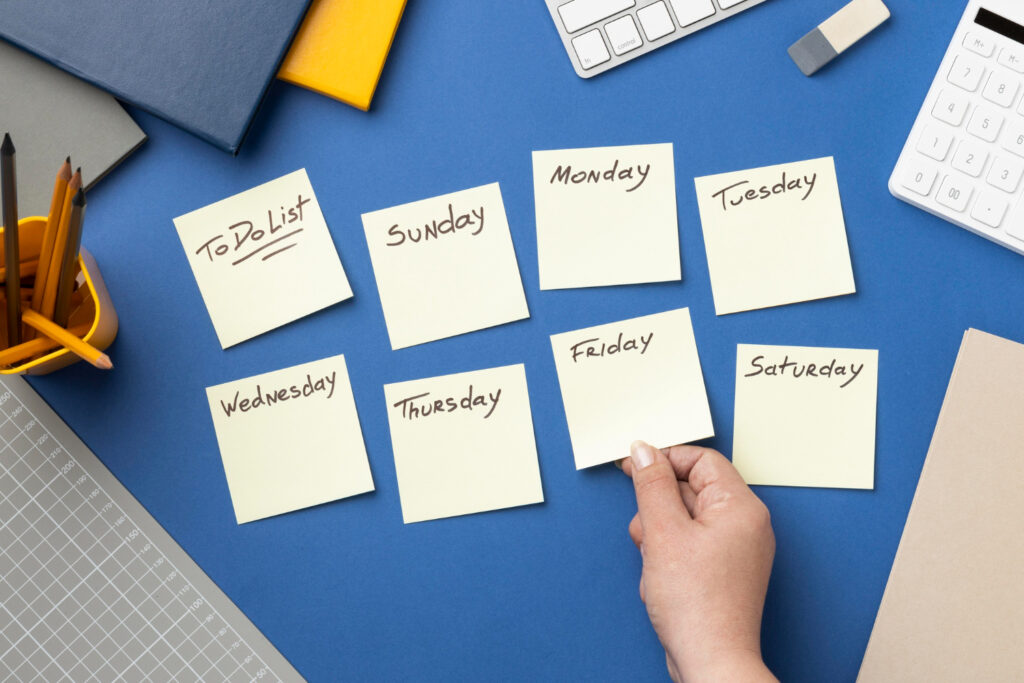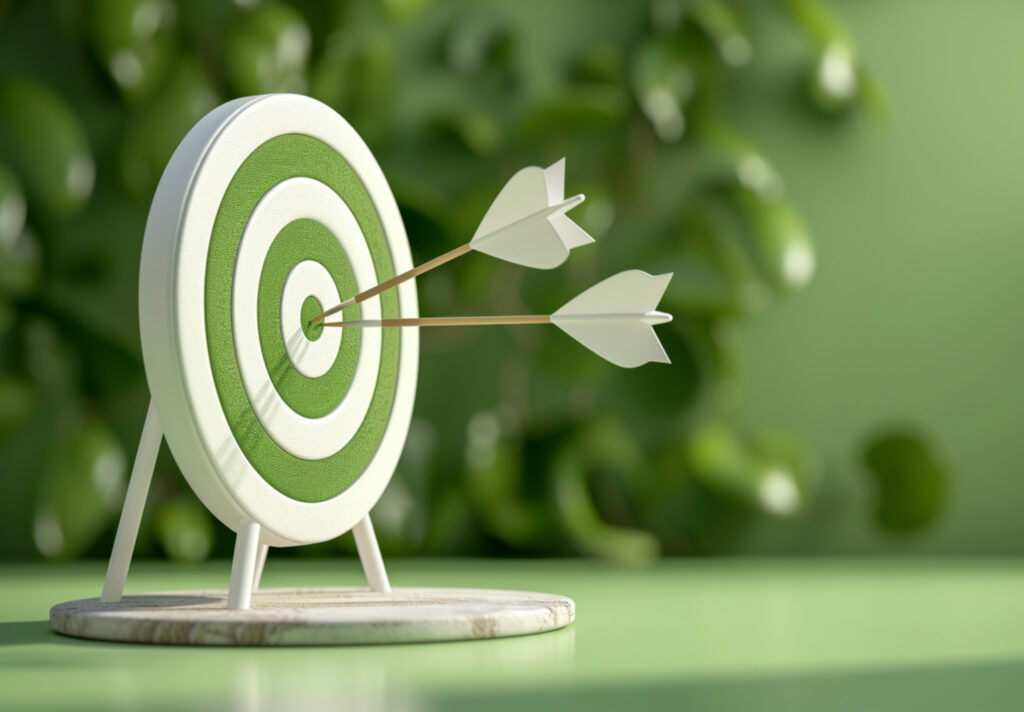Introduction: Embracing the 21 Days Challenge
The Power of a 21 Days Challenge
Embarking on a 21 days challenge to become active can transform your life. It’s said that it takes 21 days to form a habit, and using this time frame to focus on becoming more active can lead to lasting, positive changes in your health and well-being. Whether you’re looking to boost your fitness, increase your energy levels, or simply feel better overall, a 21 days challenge is a perfect way to kickstart your journey.
Why 21 Days?
The idea behind the 21 days challenge is rooted in psychology. Research suggests that it takes about three weeks to develop a new habit. By committing to a consistent routine for 21 days, you’re more likely to make lasting changes that stick. This challenge isn’t just about physical activity; it’s about creating a sustainable lifestyle change.

Setting Your Goals
Defining Clear and Achievable Goals
Before you start your 21 days challenge, take some time to define your goals. What do you want to achieve by the end of the 21 days? Your goals should be specific, measurable, achievable, relevant, and time-bound (SMART). For instance, you might aim to walk 10,000 steps a day, do a 30-minute workout, or simply be more active in your daily routine.
Breaking Down Your Goals
Once you’ve set your main goals, break them down into smaller, manageable tasks. If your goal is to walk 10,000 steps a day, start with 5,000 steps and gradually increase. Breaking down your goals makes them less overwhelming and more achievable.
Creating a Plan
Developing a Daily Routine
A successful 21 days challenge requires a well-thought-out plan. Develop a daily routine that includes specific times for your activities. Whether it’s morning jogs, lunchtime walks, or evening yoga sessions, having a set schedule helps you stay committed.
Incorporating Variety
Variety is key to keeping your challenge interesting and sustainable. Mix up your activities to include different types of exercises such as cardio, strength training, and flexibility workouts. This not only keeps you engaged but also ensures a well-rounded fitness routine.
Tracking Your Progress
Using a Journal or App
Tracking your progress is essential for staying motivated. Use a journal or a fitness app to record your daily activities, steps, and workouts. Seeing your progress on paper or on-screen can be incredibly motivating and help you stay on track.
Reflecting on Your Achievements
Take time each week to reflect on what you’ve achieved. Celebrate your successes, no matter how small. Reflecting on your progress helps you stay focused and appreciate how far you’ve come.
Staying Motivated
Finding Your Why
Understanding your reasons for taking on this challenge is crucial for staying motivated. Are you doing it to improve your health, boost your energy, or simply feel better? Knowing your ‘why’ will keep you going, even on the tough days.
Keeping a Positive Mindset
A positive mindset is key to successfully completing your 21 days challenge. Instead of focusing on what you can’t do, concentrate on what you can achieve. Celebrate every step forward, and don’t be too hard on yourself if you have an off day.
Starting with Small Steps
The Importance of Starting Small
When starting your 21 days challenge, it’s important to begin with small, manageable steps. Jumping into a rigorous exercise routine can be overwhelming and lead to burnout. Start with activities that are easy to incorporate into your daily life.
Gradually Increasing Intensity
As you progress, gradually increase the intensity and duration of your activities. This helps your body adapt and prevents injury. For example, if you start with a 10-minute walk, gradually increase it to 20 minutes and then to 30 minutes.
Incorporating Physical Activities into Your Day
Finding Opportunities to Move
Look for opportunities to be active throughout your day. Take the stairs instead of the elevator, walk or bike to work, or do a quick workout during your lunch break. These small changes can add up to significant results.
Making Activity a Habit
Consistency is key to forming a new habit. Try to incorporate physical activity into your daily routine in a way that feels natural. Over time, being active will become a regular part of your day.
Staying Accountable
Finding an Accountability Partner
Having someone to share your journey with can make a big difference. Find a friend or family member to join you in your 21 days challenge. Check in with each other regularly to stay accountable and motivated.
Joining a Community
If you don’t have an accountability partner, consider joining a fitness community or online group. Sharing your progress and challenges with others can provide additional support and encouragement.
Dealing with Setbacks
Understanding Setbacks are Normal
Setbacks are a natural part of any challenge. Whether it’s missing a workout or having a low-energy day, it’s important to understand that setbacks are normal and temporary. Don’t let them derail your progress.
Getting Back on Track
When you experience a setback, focus on getting back on track as soon as possible. Reflect on what caused the setback and make a plan to avoid it in the future. Remember, it’s not about perfection; it’s about progress.
Nutrition and Hydration
Eating for Energy
Proper nutrition is essential for staying active. Fuel your body with balanced meals that include plenty of fruits, vegetables, lean proteins, and whole grains. Eating well gives you the energy you need to stay active and motivated.
Staying Hydrated
Hydration is just as important as nutrition. Drink plenty of water throughout the day, especially before, during, and after physical activity. Staying hydrated helps maintain your energy levels and supports overall health.
Getting Enough Rest
The Importance of Rest
Rest is a crucial component of any fitness routine. Your body needs time to recover and repair itself after physical activity. Make sure to get enough sleep and include rest days in your 21 days challenge.
Listening to Your Body
Pay attention to how your body feels. If you’re feeling unusually tired or sore, it’s okay to take a break or adjust your activities. Listening to your body helps prevent injury and ensures long-term success.
Mixing Up Your Workouts
The Benefits of Variety
Mixing up your workouts keeps things interesting and prevents boredom. It also ensures that you’re working different muscle groups and improving various aspects of fitness, such as strength, endurance, and flexibility.
Trying New Activities
Don’t be afraid to try new activities during your 21 days challenge. Explore different types of exercises such as swimming, dancing, or hiking. Trying new activities keeps you engaged and can lead to discovering new passions.
Incorporating Strength Training
The Importance of Strength Training
Strength training is an essential part of becoming active. It helps build muscle, boost metabolism, and improve overall fitness. Include strength training exercises in your routine at least two to three times a week.
Simple Strength Training Exercises
You don’t need a gym membership or fancy equipment to do strength training. Simple exercises like push-ups, squats, and lunges can be done at home with little to no equipment. Start with basic exercises and gradually increase the intensity.
Focusing on Flexibility
The Role of Flexibility in Fitness
Flexibility is an important component of overall fitness. It helps improve your range of motion, reduce the risk of injury, and enhance physical performance. Include stretching and flexibility exercises in your routine.
Incorporating Yoga or Stretching
Yoga and stretching exercises are great ways to improve flexibility. Incorporate a short yoga session or stretching routine into your daily activities. Even just a few minutes of stretching can make a big difference.
Using Technology to Stay Active
Fitness Apps and Gadgets
Technology can be a valuable tool in your 21 days challenge. Use fitness apps and gadgets to track your progress, set reminders, and find new workouts. These tools can provide motivation and keep you on track.
Online Workouts and Classes
Take advantage of online workouts and fitness classes. There are countless resources available, from free YouTube videos to paid subscription services. Find workouts that you enjoy and can easily fit into your schedule.
Staying Active with Friends and Family
Involving Your Loved Ones
Get your friends and family involved in your 21 days challenge. Plan active outings together, such as hikes, bike rides, or sports. Having loved ones join you makes the challenge more enjoyable and helps you stay accountable.
Creating a Supportive Environment
Encourage a supportive environment at home. Share your goals and progress with your family and ask for their support. A positive and encouraging atmosphere makes it easier to stay committed to your challenge.
Celebrating Milestones
Recognizing Your Achievements
Celebrate your milestones along the way. Whether it’s completing your first week or reaching a new fitness goal, take time to acknowledge and celebrate your achievements. Celebrating small wins keeps you motivated and focused.
Rewarding Yourself
Set up a reward system for reaching your milestones. Rewards can be simple, like treating yourself to a new workout outfit or enjoying a relaxing activity. Rewards provide extra motivation to stay on track.
Staying Consistent
The Importance of Consistency
Consistency is key to success in any 21 days challenge. Stick to your routine as closely as possible, even on days when you don’t feel like it. Consistent effort leads to lasting results.
Overcoming Challenges
There will be days when staying active feels like a challenge. When that happens, remind yourself of your goals and why you started the challenge. Push through the tough days, knowing that consistency will pay off.
Adjusting Your Routine
Adapting to Changes
Life is unpredictable, and there may be times when you need to adjust your routine. Whether it’s due to a busy schedule or unforeseen circumstances, be flexible and adapt your activities as needed.
Staying Flexible
Staying flexible with your routine doesn’t mean giving up on your goals. It’s about finding ways to stay active that fit your current situation. Adjust your activities while keeping your end goals in mind.
Reflecting on Your Journey
Looking Back on Your Progress
As you approach the end of your 21 days challenge, take time to reflect on your journey. Consider how far you’ve come, the challenges you’ve overcome, and the progress you’ve made. Reflection helps you appreciate your achievements and stay motivated.
Planning for the Future
Think about how you can continue your new active lifestyle beyond the 21 days challenge. Set new goals and create a plan to maintain your progress. The end of the challenge is just the beginning of your journey to a healthier, more active life.
Sharing Your Experience
Inspiring Others
Share your 21 days challenge experience with others. Whether it’s through social media, a blog, or simply talking to friends and family, sharing your journey can inspire others to take on their own challenges.
Building a Support Network
By sharing your experience, you can build a support network of like-minded individuals. Connect with others who are on similar journeys and support each other in staying active and healthy.
FAQs
What is a 21 days challenge?
- A 21 days challenge is a commitment to a specific goal or activity for 21 consecutive days to form a new habit.
How do I start a 21 days challenge to become active?
- Set clear goals, create a plan, and gradually incorporate physical activities into your daily routine.
Why 21 days?
- Research suggests it takes about 21 days to form a new habit, making this an effective time frame for lasting change.
What types of activities should I include?
- Include a mix of cardio, strength training, and flexibility exercises to ensure a well-rounded fitness routine.
How can I stay motivated during the challenge?
- Track your progress, celebrate milestones, and remind yourself of your reasons for taking on the challenge.
What if I experience setbacks?
- Understand that setbacks are normal. Reflect on what caused them and make a plan to get back on track.
How important is nutrition in this challenge?
- Proper nutrition is crucial for providing the energy and nutrients needed to stay active and healthy.
Should I rest during the challenge?
- Yes, rest is important for recovery. Include rest days and listen to your body’s needs.
Can I use technology to help with the challenge?
- Yes, fitness apps, gadgets, and online workouts can provide motivation and track your progress.
What happens after the 21 days challenge?
- Reflect on your progress, set new goals, and create a plan to maintain your active lifestyle.





